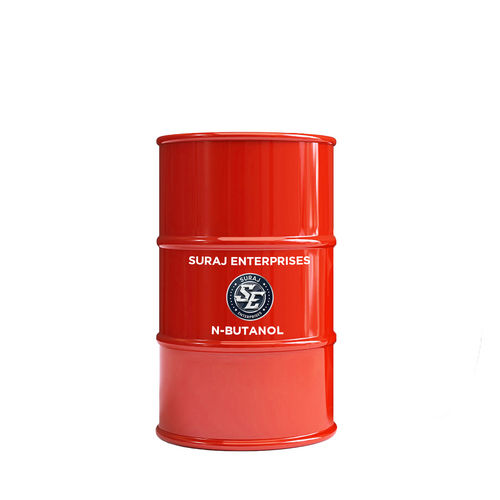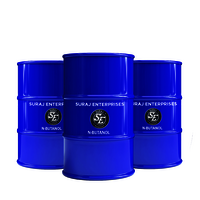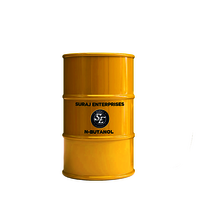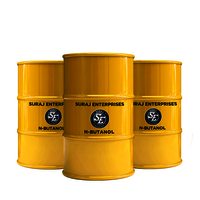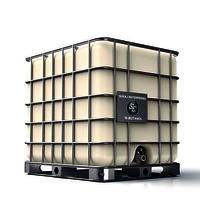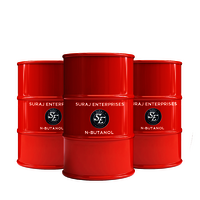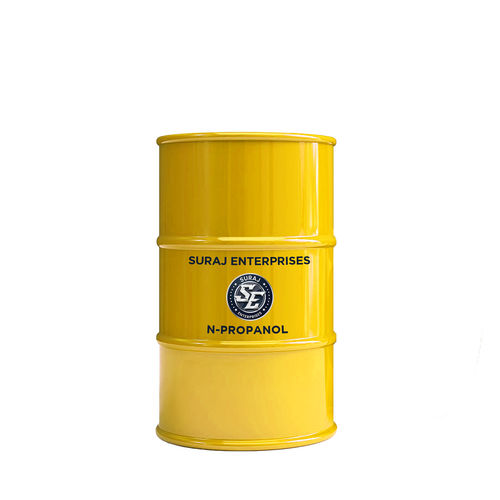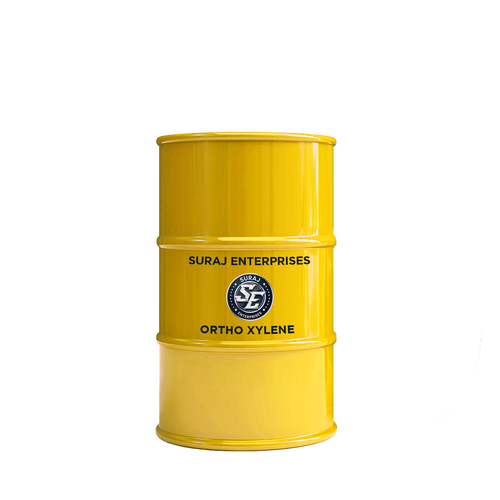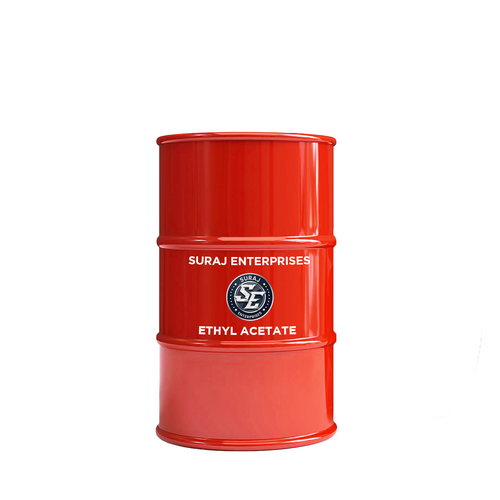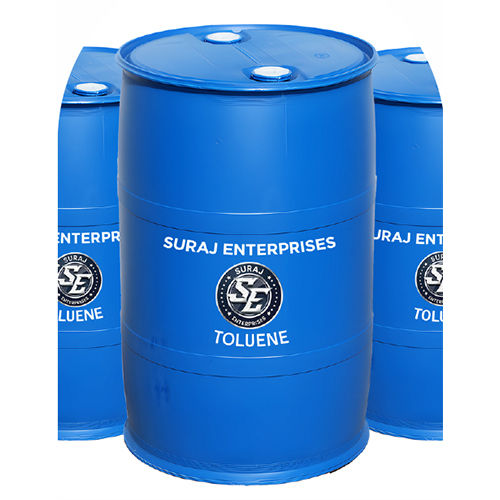Product Description
n-Butanol, alsoknown as normal butanol or n-butyl alcohol, is a primary alcohol commonly usedas a solvent, intermediate, and chemical feedstock in various industrialapplications. It is derived from the fermentation of sugars or by the hydrationof butene.
One of the primaryuses of n-Butanol is as a solvent in the production of coatings, paints, inks,and varnishes. Its intermediate polarity and solvency power make it suitablefor dissolving a wide range of resins, pigments, and additives, facilitating properapplication and film formation properties in coating formulations.
Additionally,n-Butanol serves as a chemical intermediate in the synthesis of variouschemicals, including plasticizers, pharmaceuticals, flavors, and fragrances. Itis utilized in the production of butyl acrylate, a key monomer in themanufacture of acrylic polymers and adhesives, as well as in the synthesis ofbutyl acetate, a solvent and flavoring agent.
Furthermore,n-Butanol finds application as a raw material in the production of plasticizersfor PVC (polyvinyl chloride) and other polymers, where it improves flexibility,durability, and processing properties. It is also used as an extraction solventin the manufacturing of natural and synthetic flavor and fragrance compounds.
Despite itsutility, n-Butanol should be handled with care, as it is flammable and can posehealth hazards through inhalation or skin contact. Proper ventilation andsafety precautions, including the use of personal protective equipment such asgloves and goggles, should be observed when working with n-Butanol to minimizeexposure risks.
Overall, n-Butanoloffers valuable solvency and chemical properties for various industrialapplications, contributing to the formulation, synthesis, and production of awide range of products across different industries.

